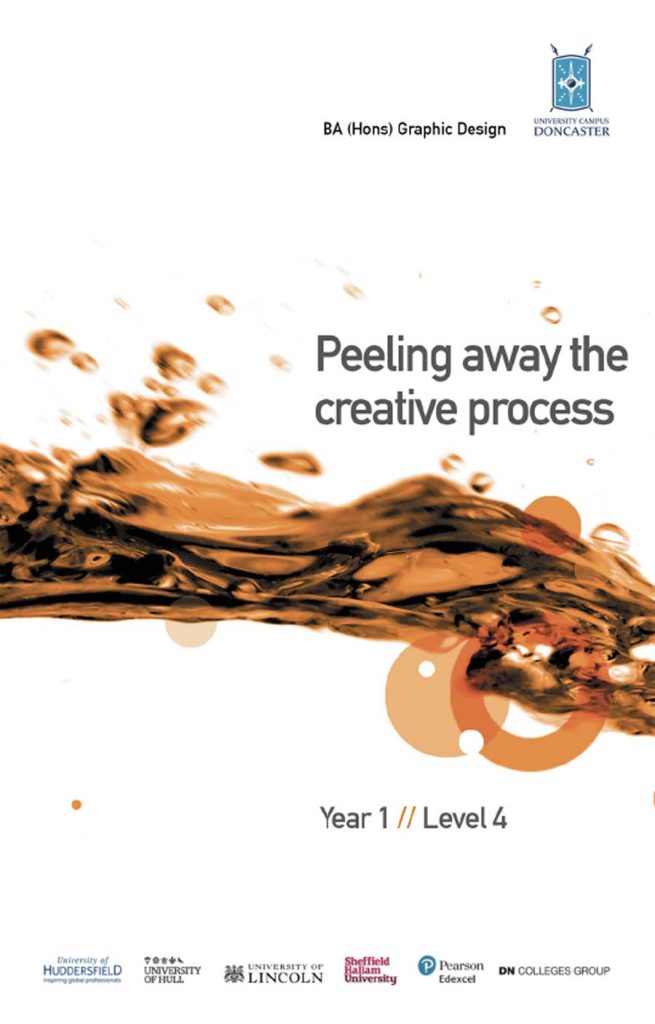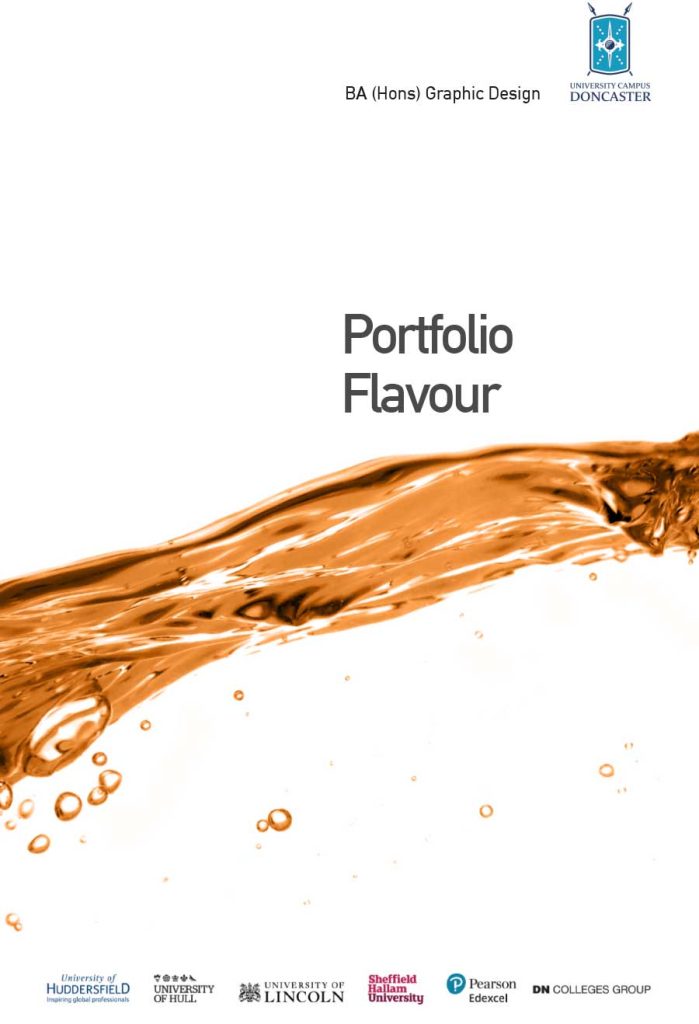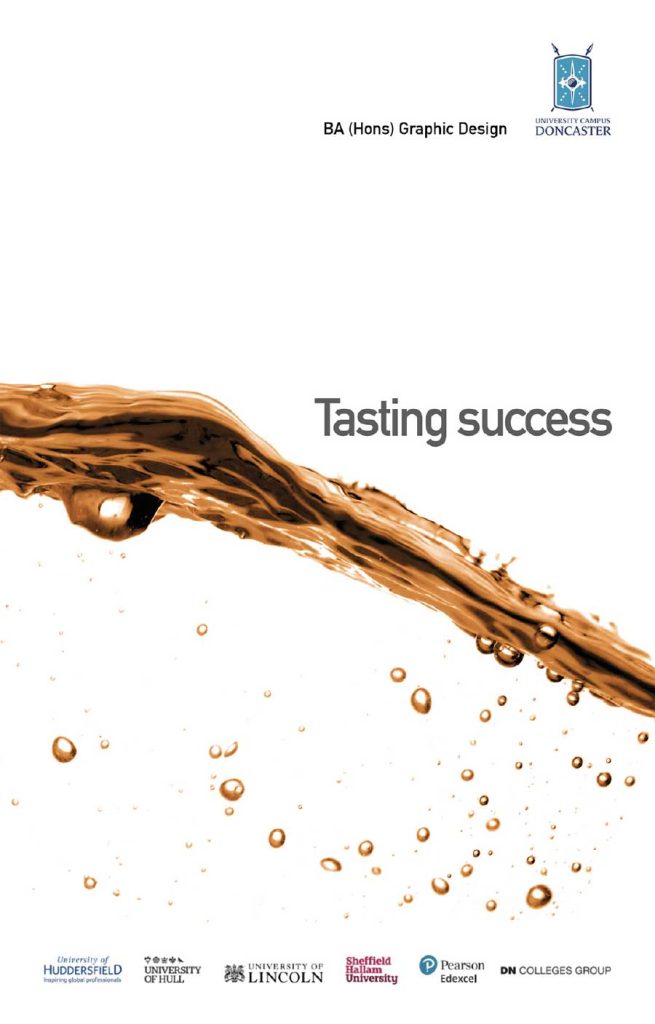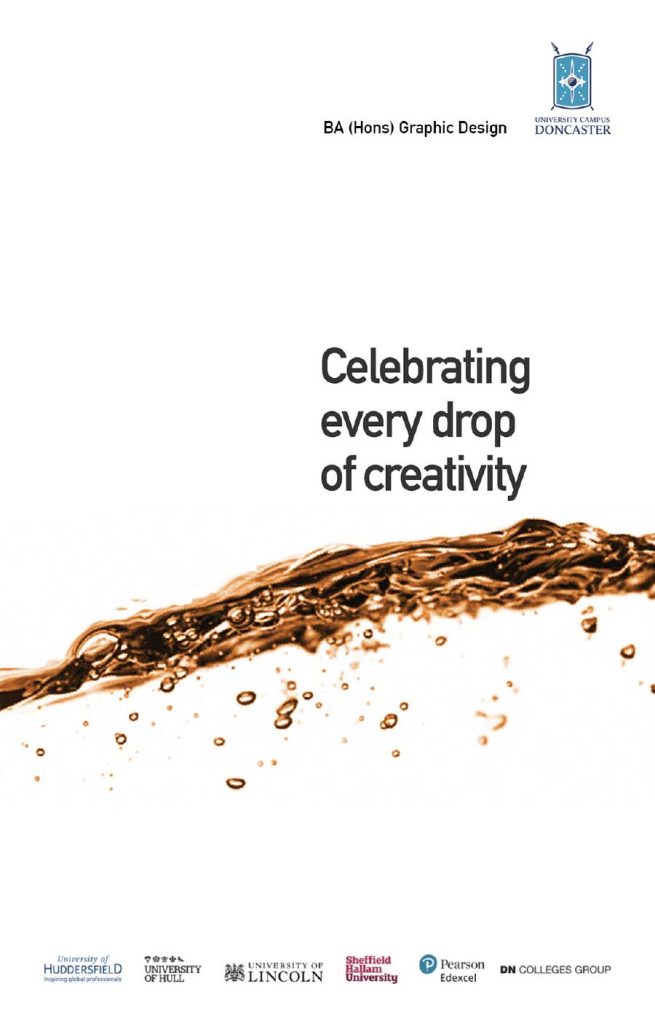Join the Future of Graphic Design
Are you ready to enter the exciting world of graphic design and build a rewarding career? Our newly revamped ‘BA (Hons) Graphic Design: Branding, Promotion, and Digital Design’ (flexible learning) degree programme is designed to give you the skills, knowledge, and confidence to excel within the fast-paced graphic design industry.
What Sets Our Course Apart?
Our course content is thoroughly modernised, focusing on the latest trends, tools, and techniques. From dynamic branding strategies to the latest digital design practices, every module is crafted to reflect current industry standards. This ensures that you are not just designers, but adaptable, forward-thinking professionals ready to make an impact.
We’ve reimagined our curriculum with fresh, exciting module titles that immediately grab your attention. These modules are designed to be both inspiring and practical, offering you hands-on experience with the latest in branding, promotion, and digital design. You’ll explore everything from immersive user experiences to cutting-edge digital campaigns, making you highly competitive in the job market.
We’re committed to providing more than just an education; we’re offering you a gateway into the design industry. With a curriculum that resonates with current trends, we’re attracting a wide range of guest speakers, forging new industry partnerships, and creating opportunities for real-world collaborations. These connections will help you build a strong professional network before you even graduate.
Our course isn’t just about learning the fundamentals – it’s about preparing you for the future. With a focus on innovation and creativity, you’ll be encouraged to explore your ideas deeply, challenging yourself to push the boundaries of what’s possible in graphic design. Your portfolio will not only reflect your talent but also your readiness to meet the demands of a constantly evolving industry.
We understand the importance of collaboration and interaction in a modern educational environment. That’s why we’ve integrated screen-based technology to seamlessly connect on-campus students with distance learners. Whether you’re in the classroom or studying remotely, you’ll be able to engage in real-time discussions, work on group projects, and participate in live critiques. This ensures that all students, regardless of location, benefit from the same high-quality educational experience and the opportunity to build a network of peers and contacts.
As a graduate, you will leave our programme with a portfolio that’s aligned with the latest industry standards. You’ll be equipped to step directly into the professional world, whether you’re seeking employment or launching a freelance career. Employers are looking for designers who are knowledgeable, adaptable, and ready to contribute – and that’s exactly what you’ll become.
Join the Future of Graphic Design
Start your journey by enrolling on the BA (Hons) Graphic Design: Branding, Promotion, and Digital Design (flexible learning) programme, and realise your aspirations to become a leading graphic design professional. With our forward-thinking curriculum and strong industry connections, you’ll graduate ready to make your own unique and individual mark.














